Zack Furness - One Less Car: Bicycling and the Politics of Automobility
Here you can read online Zack Furness - One Less Car: Bicycling and the Politics of Automobility full text of the book (entire story) in english for free. Download pdf and epub, get meaning, cover and reviews about this ebook. year: 2010, publisher: Temple University Press, genre: Politics. Description of the work, (preface) as well as reviews are available. Best literature library LitArk.com created for fans of good reading and offers a wide selection of genres:
Romance novel
Science fiction
Adventure
Detective
Science
History
Home and family
Prose
Art
Politics
Computer
Non-fiction
Religion
Business
Children
Humor
Choose a favorite category and find really read worthwhile books. Enjoy immersion in the world of imagination, feel the emotions of the characters or learn something new for yourself, make an fascinating discovery.
- Book:One Less Car: Bicycling and the Politics of Automobility
- Author:
- Publisher:Temple University Press
- Genre:
- Year:2010
- Rating:4 / 5
- Favourites:Add to favourites
- Your mark:
One Less Car: Bicycling and the Politics of Automobility: summary, description and annotation
We offer to read an annotation, description, summary or preface (depends on what the author of the book "One Less Car: Bicycling and the Politics of Automobility" wrote himself). If you haven't found the necessary information about the book — write in the comments, we will try to find it.
Zack Furness: author's other books
Who wrote One Less Car: Bicycling and the Politics of Automobility? Find out the surname, the name of the author of the book and a list of all author's works by series.

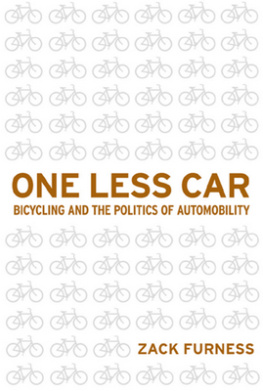
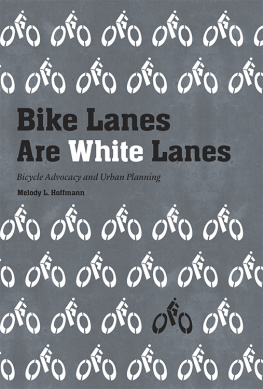
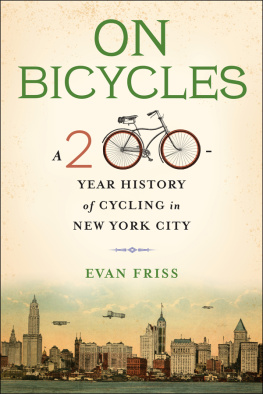

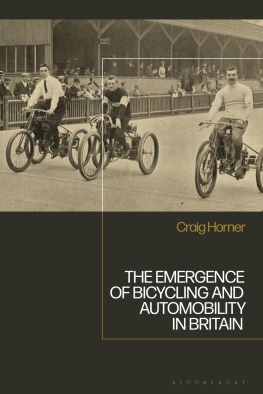
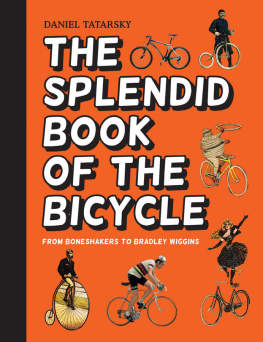
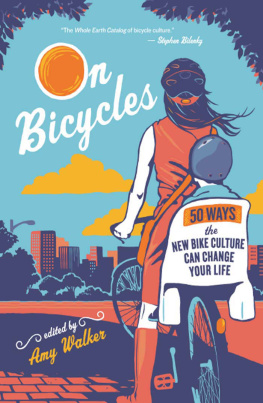
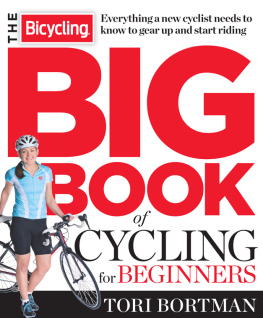
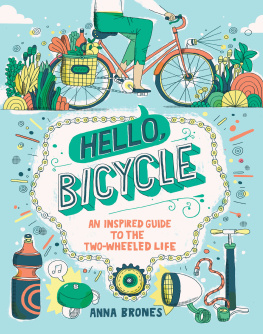
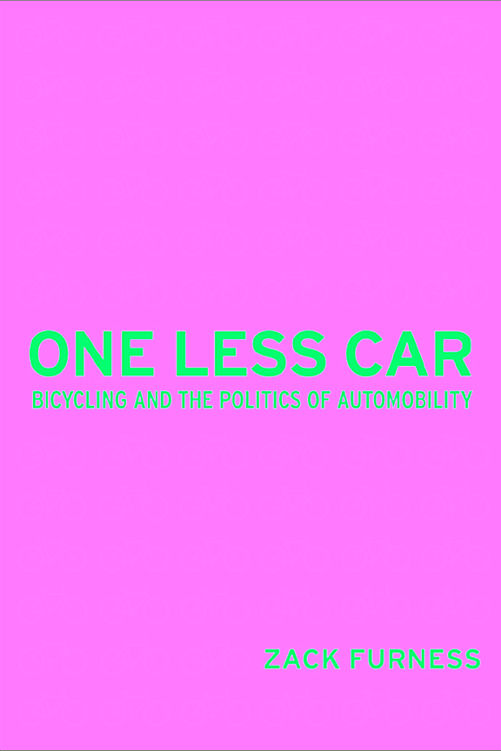


 The paper used in this publication meets the requirements of the american national Standard for information Sciencespermanence of paper for printed library Materials, anSi Z39.48-1992
The paper used in this publication meets the requirements of the american national Standard for information Sciencespermanence of paper for printed library Materials, anSi Z39.48-1992

 n many ways, this book is the end result of a series of interactions, questions, and concerns first set in motion when i started riding a bike to work and school in the 1990s. My interests in bicycling were then far more pragmatic than academic, and i never would have imagined devoting years to researching and writing about bicycles and car culture, whether in the form of a doctoral dissertation or as this much-improved/revised version that Temple University press was gracious enough to publish. Consequently,
n many ways, this book is the end result of a series of interactions, questions, and concerns first set in motion when i started riding a bike to work and school in the 1990s. My interests in bicycling were then far more pragmatic than academic, and i never would have imagined devoting years to researching and writing about bicycles and car culture, whether in the form of a doctoral dissertation or as this much-improved/revised version that Temple University press was gracious enough to publish. Consequently,